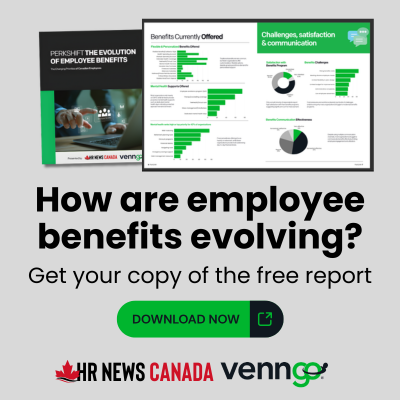By Daragh O’Leary, University of Galway
Unemployment in the UK rose to 4.3% at the end of March 2024. While this is by no means a worrying level of joblessness for an economy, it is the highest since September 2021, in the second year of the COVID pandemic, when it reached 4.4%.
Higher interest rates, aimed at discouraging spending and encouraging saving, mean that unemployment could be set to rise. This is because borrowing money from banks is more expensive and so some businesses may not be able to finance investment or production as easily. As a result, they may look to cut costs by laying off workers.
The good news is that economists have known the answer to creating jobs for ages – entrepreneurship. New businesses are what gets the fire of the economy going with their investments and the salaries they pay to their employees.
But here’s a conundrum. If interest rates are higher than they have been for many years, that means new businesses can’t borrow money as easily. And if more people are becoming unemployed then that means there’s less income for new companies to enjoy as revenue.
So how do we ensure we have enough money in the economy for new businesses to thrive and create jobs, despite money costing more to borrow and people having less to spend?
The Organisation for Economic Co-operation and Development OECD suggests that unemployment benefits are a good way of doing this. These payments allow people who lose their jobs to continue to spend, supporting businesses while searching for work.
This is one of the purposes of unemployment benefit schemes (as well as providing an important humanitarian safety net). However, my recent research suggests that unemployment benefits may have a complicated relationship with entrepreneurship.
What do we know?
The research analysed more than 500 European regions from 2008-19 and observed that even when controlling for fluctuations in gross domestic product (GDP), population, business closures, foreign investment and taxation, increases in national spending on unemployment benefits appeared to decrease rates of business creation.
Why might this be the case? Well, while it seems counter-intuitive, unemployment can function as a catalyst for entrepreneurship. Economists refer to this as necessity-based entrepreneurship, where people lose their job and then create their own to avoid unemployment.
There is an argument among economists that generous unemployment benefits may inhibit this kind of entrepreneurship. This is because they reduce people’s motivation to create a new job by starting up their own business. So it could be that high levels of spending on unemployment benefits are associated with lower rates of business creation.
But it’s not quite as simple as that. Previous research has shown that businesses set up as a result of this necessity-based entrepreneurship may be more likely to fail.
Classically, new businesses are set up by entrepreneurs who spot a gap in the market so good that they simply have to take it. They forego steady employment to seize an economic opportunity.
In contrast, necessity-based businesses are set up because the owner had no other option. There may be no viable economic or passion-related motivation associated with the business, which can result in a poorly performing firm with no plan or strategy.
So while necessity-based entrepreneurship does help to increase the number of businesses in the economy, it does not necessarily boost the number of high-performing companies.
On top of that, it could be the case that spending on unemployment benefits reduces entrepreneurship for other reasons. Large spends on unemployment benefits may also be funding back-to-work schemes as well as out-of-work benefit payments. And, of course, the hope is that these schemes help people find jobs more easily than they would otherwise.
This may also remove their need for necessity-based entrepreneurship because the person feels they’re now more employable and, as such, more likely to find a new job quickly.
In any case, this negative relationship between unemployment benefits and entrepreneurship reveals one of the many compromises policymakers face when navigating difficult economic issues.
Unemployment benefits are necessary from both an economic and humanitarian perspective. They help preserve levels of consumer demand during times of economic shock and also provide a much-needed safety net for citizens when times are tough.
The fact that an unintended consequence may be lower rates of business creation is simply a trade-off that governments need to get to grips with to inform policy.
Ultimately, it may be the case that governments are better off investing money in unemployment spending to fund back-to-work schemes that direct people back into the job market rather than subject them to the risks associated with necessity-based entrepreneurship.
In that case, the negative relationship between unemployment spending and entrepreneurship may not be as damaging to the economy as it might first appear.
Daragh O’Leary, Post-Doctoral Researcher, University of Galway. This article is republished from The Conversation under a Creative Commons license. Read the original article.





